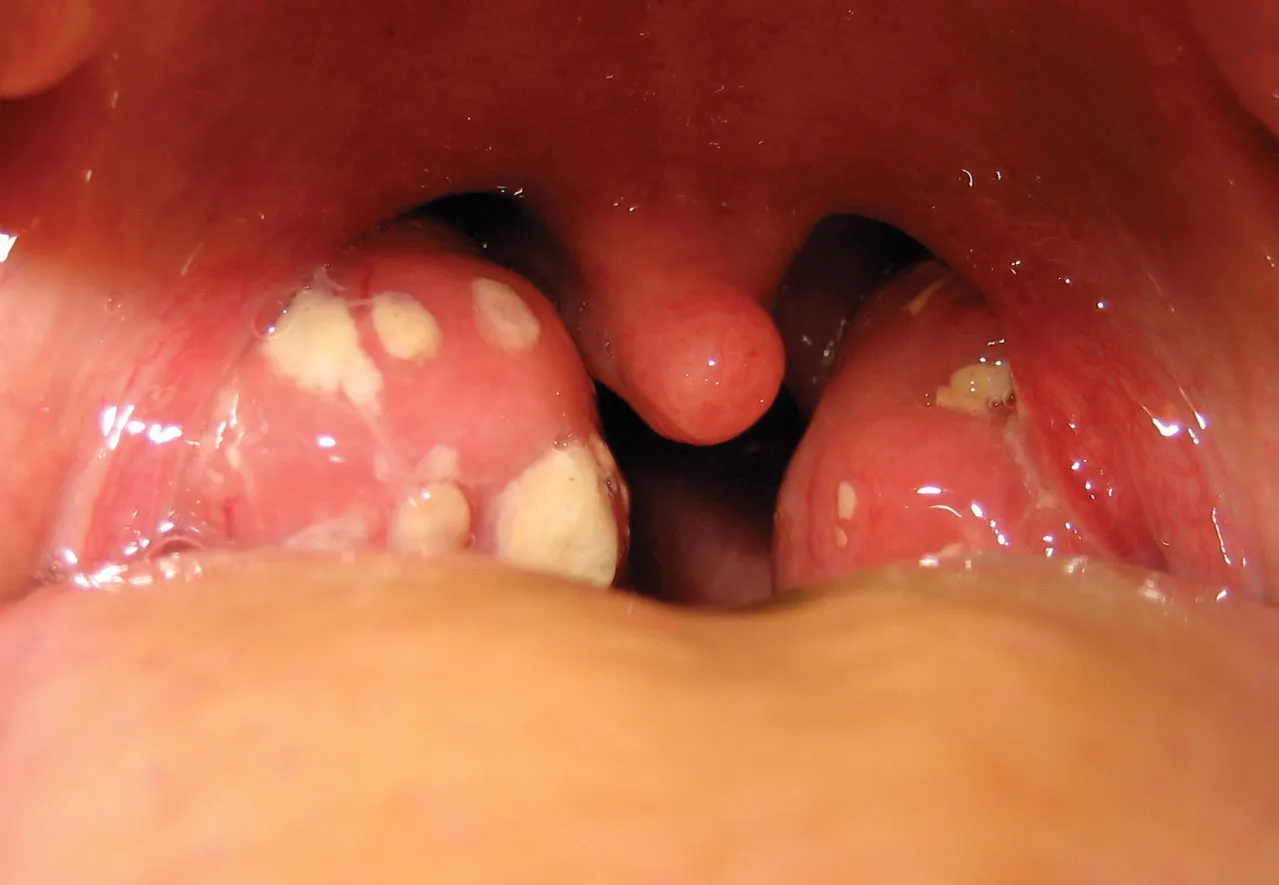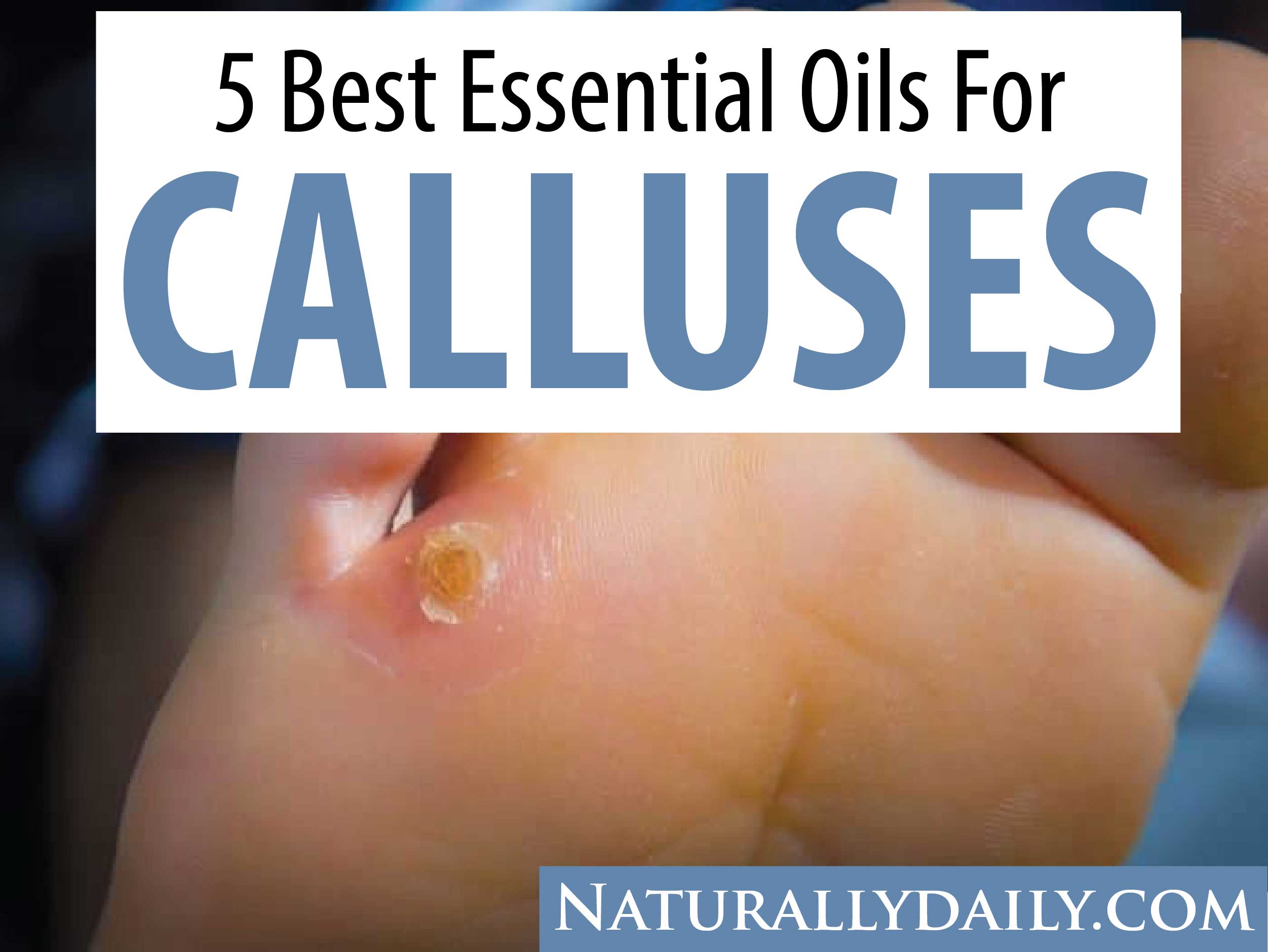Costochondritis is an inflammation of the cartilage that connects your ribs to the breastbone. [1].
Some essential oils have anti-inflammatory and analgesic properties that can help soothe the inflammation and act as a natural painkiller.
Continue reading to explore some pain-relieving essential oils for costochondritis to reduce the symptoms of costochondritis.
Also known as costochondrondynia or chest wall pain, it often feels like a sharp, stabbing, aching pain. That’s why most people confuse it with a heart attack.
Costochondritis is generally a harmless condition. However, asking for a medical emergency whenever you have chest pain is crucial to ensure it’s not a heart attack.
While this condition often goes away within a few weeks, you may require treatment if the pain remains long. You can also use some essential oils for costochondritis to relieve pain and inflammation.
8 Helpful Essential Oils for Costochondritis
1. Frankincense Oil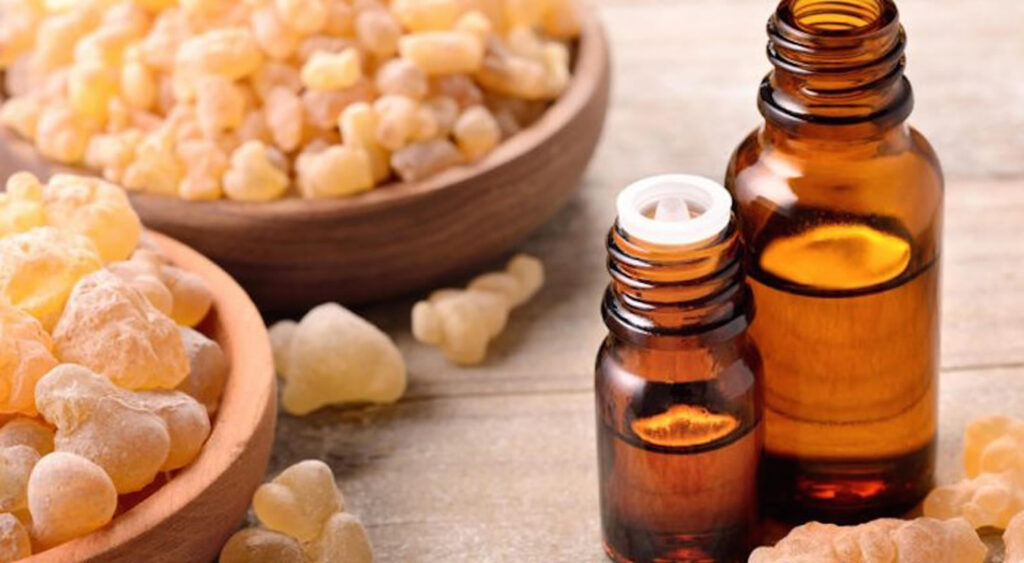
Frankincense oil is a popular choice for treating different pain-related conditions, thanks to its numerous pharmacological effects. [2]
The anti-inflammatory and analgesic effects of this essential oil have been proven in several studies. [3]
Some proinflammatory cytokines and mediators may trigger the onset of inflammation. Properties found in frankincense oil can effectively inactivate cytokines and other vital inflammatory molecules. [4]
2. Rosemary Oil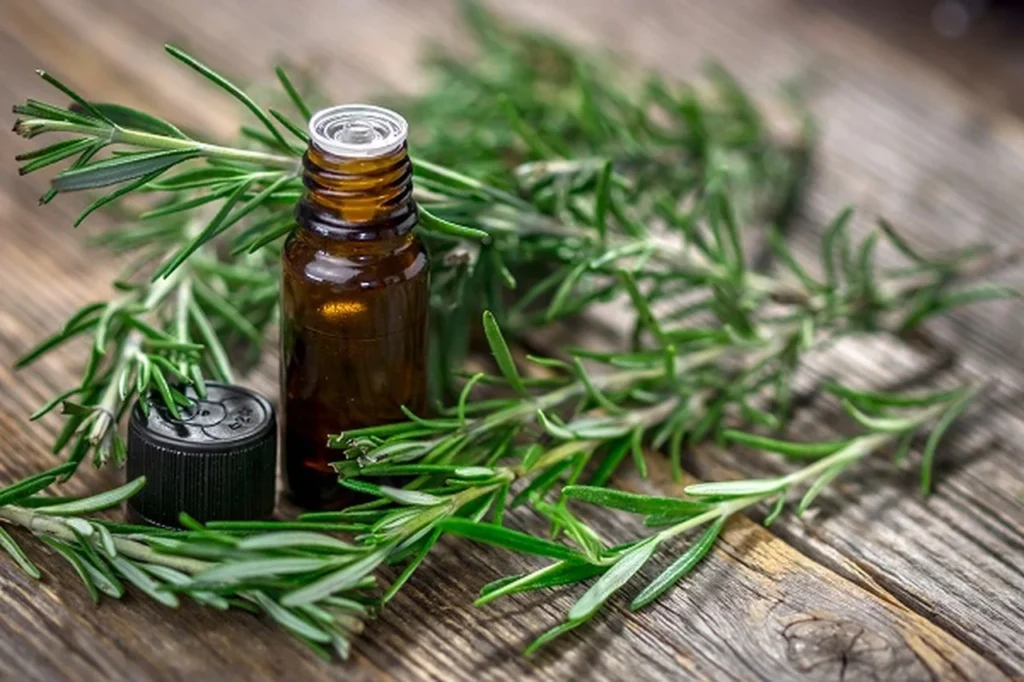
Rosemary essential oil is a natural painkiller due to its antinociceptive and anti-inflammatory effects. [5]
The bioactive components such as carnosol, betulinic acid, ursolic acid, and rosmarinic acid are responsible for the anti-inflammatory effects of rosemary oil. [6,7]
This therapeutic oil can soothe the pain by blocking the pain signal in your brain, meaning that you may not feel the painful symptoms of costochondritis.
3. Ginger Oil
Ginger oil has been a traditional remedy for diseases that cause pain and inflammation.
Its ability to reduce inflammation has been proved in different studies. [8,9]
The ginger essential oil contains phenols such as shogaol, gingerol, and paradol, which can help soothe inflammatory diseases. [10]
Due to these remarkable anti-inflammatory components, ginger oil may reduce chest wall pain effectively.
4. Chamomile Oil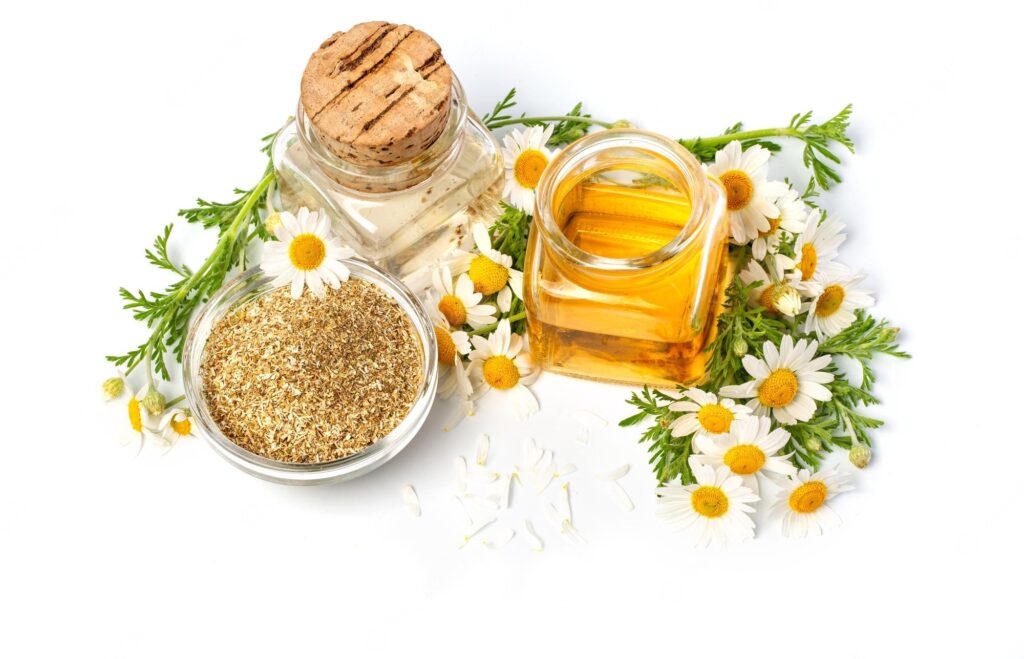
There are four types of human cytochrome P450 enzymes that can trigger the onset of inflammation. [11]
Alpha-bisabolol and chamazulene are two active components found in chamomile extract that can effectively inhibit these inflammatory enzymes. [11]
A 2009 study published in the journal Life Sciences concludes chamomile oil works similarly as a non-steroidal anti-inflammatory drug [12]
Due to its antimicrobial activities, chamomile oil can also treat bacterial and viral infections that may cause costochondritis. [13]
5. Lavender Oil
The analgesic effects of lavender oil come in handy when the inflammation of costochondritis is accompanied by severe chest pain. [14]
This therapeutic oil contains linalool and linalyl acetate, two of its active components responsible for its anti-inflammatory activity. [15]
A 2005 research confirms that the mechanism of lavender oil is similar to an anti-inflammatory drug called indomethacin. [16]
The study also concludes that lavender oil may have fewer side effects.
6. Eucalyptus Oil
Famous for its cooling effects, eucalyptus oil can reduce different types of pain, swelling, and inflammation.
In an animal study, researchers showed that the analgesic effects could reduce the pain in rats with inflammation. [17]
Inhaling the oil may soothe the airways, making it a popular remedy for bronchitis, asthma, and costochondritis. [18]
Eucalyptus oil can be a perfect choice if you have difficulty breathing.
7. Peppermint Oil
Costochondritis often comes with a sharp pain in cartilage that you may relieve with peppermint oil. Originating from the peppermint plant leaves, this therapeutic oil can effectively soothe chest pain.
In a recent clinical trial, 38 patients with non-cardiac chest pain and swallowing problems received peppermint oil tablets. The result shows more than 50% of participants experienced an improvement in their symptoms. [19]
Its mild antimicrobial properties also help high bacterial and viral infections that may trigger the symptoms of this disease.
8. Orange Oil
Although quite famous for its energetic effects, orange oil also possesses powerful anti-inflammatory components.
A 2009 research concludes that orange oil has the most potent anti-inflammatory effects compared to other essential oils. [20]
Orange oil can reduce the release of reactive oxygen species and inflammatory cytokines. [20]
This therapeutic oil can also be the safest option for treating inflammatory diseases.
How to Use Essential Oils for Costochondritis
There are several ways to use essential oils to reduce the symptoms of costochondritis, including:
Massage:
- Take a few drops of your choice’s essential oils and dilute them with a suitable carrier oil. Some popular carrier oils include coconut oil, almond oil, jojoba oil, etc.
- Gently rub this oil into your chest to numb the pain.
Inhalation:
- Take a diffuser and pour a few drops of essential oils.
- Inhale the aroma and let it soothe inflammation and pain in your chest.
- You can also put the diffuser beside your bed to avoid interruption in your sleep due to chest pain.
Precautions to Follow
- Do not use essential oils topically without diluting them first.
- Do a patch test on the least sensitive part of your skin to find out whether this oil suits you or not.
- If you’re already under medication, consult your doctor, as these essential oils might interact with some of the prescribed drugs.
- Use these oils only if you have chest pain due to costochondritis. Ask for proper medical treatment if the pain is due to a heart attack,
When to Seek Medical Attention?
Costochondritis usually goes away within a few weeks. However, the pain often mimics the pain of a heart attack. Hence, you might confuse this pain with a severe cardiac arrest.
It’s highly recommended that you see a doctor for chest pain. The doctor can diagnose and tell you if you have a heart attack or not. You should also ask for medical attention if the following symptoms occur:
- You have trouble breathing
- The chest pain is intense
- High fever
- Nausea
- Dizziness
- Sweating
- Signs of infections include pus, increased swelling, and redness at the rib joints.
- Blood in your cough.
Bottom Line
Costochondritis isn’t generally persistent and mostly harmless. However, for chronic cases, it may last for longer, making it necessary to see a doctor.
However, you must seek medical attention whenever you have chest pain to ensure you do not have a cardiac arrest.
Always buy high-quality therapeutic-grade essential oil to avoid any additives. Use these oils under the proper guidance of a doctor or an aromatherapist.




